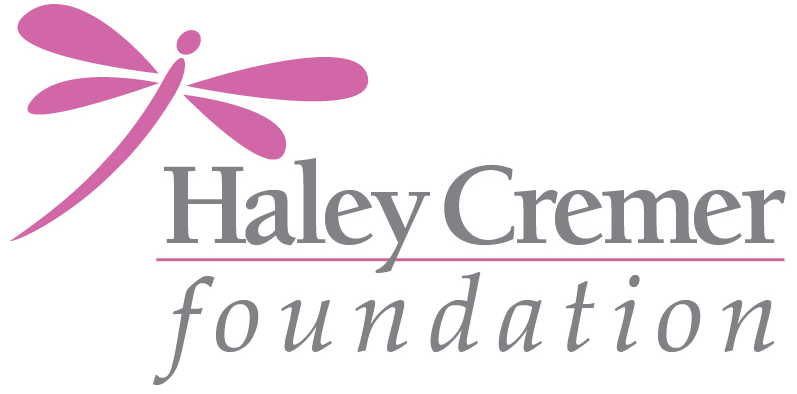In keeping with the Foundation’s mission, the Haley Cremer Foundation awarded a grant of $7,500 to advance Dr. Mehra Golshan’s breast cancer research at the Dana Farber Cancer Institute. The Foundation’s gift was matched again this year dollar-for-dollar by an anonymous donor furthering the impact of this donation. As a member of the Institute’s President’s Circle Corporate Leaders, the Foundation’s support is instrumental in ensuring that the research conducted by leading investigators remains at the forefront of discovery, and that the care provided to patients remains equally compassionate and exceptional.
About Dr. Golshan’s Current Research:
- Seeking to improve success rates in breast cancer surgery and reduce the need for subsequent surgeries with advanced imaging techniques and biomarkers
- Clinical trials are planned to explore advanced imaging techniques to improve breast surgery outcomes.
- These studies are improving standard procedures to reduce the need for multiple surgeries and to improve overall breast cancer outcomes.
For patients with early-stage breast cancer, breast-conserving surgery (lumpectomy) along with whole breast radiation is a standard approach in treatment. The foremost goal of breast conserving surgery is to remove the cancerous tissue and leave the patient with a cosmetically acceptable result.
Despite improvements in surgical techniques and imaging, challenges remain in achieving tumor free margins during breast cancer surgery, often requiring patients who undergo lumpectomy to face additional surgery to achieve complete tumor removal.
With support from BCRF, Dr. Golshan and his colleagues use a combination of intraoperative mass spectrometry (performed during surgery) and magnetic resonance imaging (MRI) to more accurately identify the margins between cancerous and normal breast tissue to improve breast-conserving surgery.
Dr. Golshan’s team has completed a phase I trial demonstrating that intraoperative MRI (iMRI) is a feasible method of identifying residual tumor during breast surgery and that iMRI has significant potential for helping patients avoid additional operations for early-stage breast cancer. The results using iMRI were significantly enhanced with the patient in a supine (lying down, facing upward) position rather than prone (facing downward), which is the standard imaging position.
The team has now initiated two phase II trials to continue investigating advanced imaging techniques for margin evaluation during breast surgery. In one trial, they are comparing mass spectrometry, a technique that has shown potential in distinguishing cancerous tissue from normal tissue, and iMRI. In the second trial, they are comparing breast MRI when patients are lying face up compared to face down.
These trials will help further efforts to identify tumor markers that separate normal tissue from cancerous tissue, improve surgical results for women with early stage breast cancer, determine the best technique of breast MRI in advanced breast cancers, and reduce the need for multiple surgeries.
